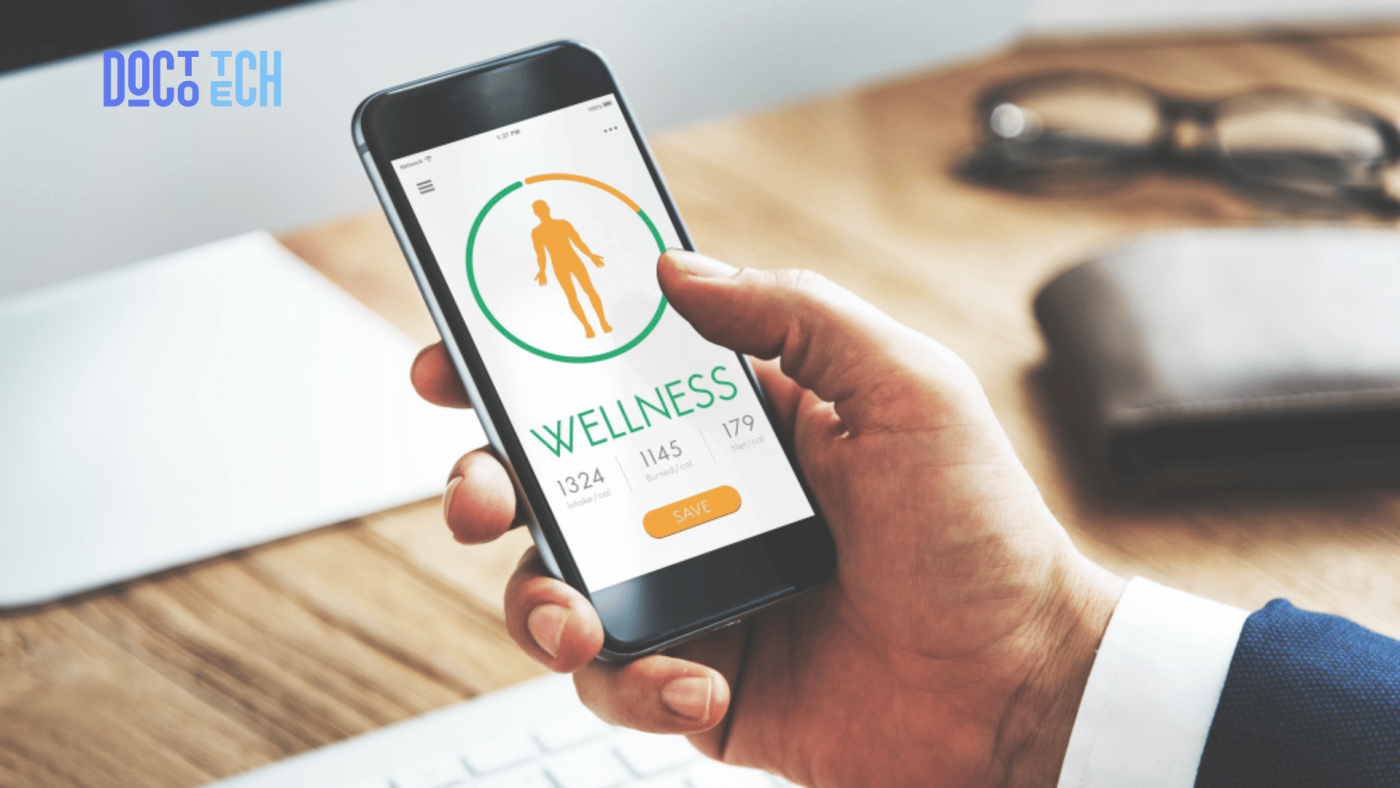Why Mobile Optimization is Critical for Your Healthcare Website
In today’s healthcare landscape, patients are increasingly turning to their smartphones to search for medical information, book appointments, and connect with healthcare providers. In fact, the majority of healthcare-related searches now happen on mobile devices. This shift makes mobile optimization for healthcare websites more important than ever. A well-optimized mobile website not only improves the user experience but also helps healthcare providers rank higher in search results, attract new patients, and increase overall engagement.
Here’s why mobile optimization is critical for healthcare websites and how it impacts patient satisfaction, SEO, and clinic growth.
1. Most Patients Search for Healthcare Services on Mobile
The way patients seek out healthcare services has changed dramatically over the last decade, with smartphones becoming the primary tool for searching and interacting with healthcare providers. According to recent studies, over 60% of healthcare searches now take place on mobile devices. This means that if your healthcare website isn’t optimized for mobile, you could be missing out on a significant number of potential patients.
Why Mobile Search Matters for Healthcare:
- Convenience: Patients often search for healthcare services on the go, such as when they need to find a nearby clinic or look up symptoms before making an appointment.
- Urgency: Many healthcare searches are time-sensitive, and patients expect quick, easy access to information.
- Accessibility: A mobile-optimized website ensures that patients can access your services at any time, from any device, without needing a desktop computer.
By optimizing your website for mobile users, you ensure that patients can find and interact with your practice whenever and wherever they need it.
2. Google Prioritizes Mobile-First Websites
In recent years, Google has shifted to mobile-first indexing, meaning the mobile version of your website is considered the primary version when determining search rankings. If your website isn’t optimized for mobile, it could result in lower rankings, less visibility, and ultimately fewer patient inquiries.
The Impact of Mobile-First Indexing:
- SEO Rankings: Websites that offer a poor mobile experience, such as slow load times or difficult navigation, are penalized in search rankings, making it harder for patients to find your practice.
- Improved User Experience: Google prioritizes websites that are mobile-friendly because they provide a better user experience. Mobile-optimized websites are easier to navigate, faster to load, and more accessible to a wide range of users.
For healthcare providers, a mobile-optimized website is essential not only for patient engagement but also for maintaining a strong presence in search engine results.
3. Enhancing User Experience on Mobile Devices
Patients who visit your healthcare website from a mobile device expect a fast, seamless, and intuitive experience. If your website isn’t optimized for mobile, patients may struggle to navigate it, leading to frustration and the potential loss of future business. On the other hand, a well-optimized website enhances the user experience and keeps patients engaged.
Key Features of Mobile Optimization:
- Responsive Design: A responsive website automatically adjusts to fit the screen size of any device, whether it’s a smartphone, tablet, or desktop computer.
- Easy Navigation: Simplified menus, large buttons, and clear call-to-action elements make it easy for patients to find information and take actions, such as booking an appointment or calling the clinic.
- Fast Load Times: Mobile users expect websites to load quickly. By optimizing images, minimizing code, and leveraging caching, healthcare websites can load faster and improve patient satisfaction.
A mobile-optimized website creates a better first impression, encourages patients to explore your services, and ultimately leads to higher conversion rates.
4. Mobile Optimization Improves Appointment Booking
One of the key reasons patients visit healthcare websites is to book appointments, and mobile users expect a quick and easy booking process. By optimizing your appointment scheduling system for mobile devices, you can increase the number of online bookings and reduce the need for phone-based scheduling.
Benefits of Mobile-Friendly Appointment Booking:
- Convenience: Patients can book or reschedule appointments directly from their mobile devices, improving access to care.
- Fewer No-Shows: Mobile appointment reminders and easy access to rescheduling options help reduce no-shows, ensuring a smoother clinic workflow.
- Increased Patient Satisfaction: Offering a seamless mobile booking experience improves patient satisfaction, encouraging repeat visits and positive reviews.
A streamlined, mobile-optimized appointment booking system ensures that patients can easily schedule visits, which leads to better engagement and retention.
5. Increasing Patient Engagement and Retention
Mobile optimization for healthcare websites not only attracts new patients but also helps retain existing ones by making it easier for them to interact with your practice. Features like online appointment scheduling, patient portals, and telemedicine platforms are increasingly accessed via mobile, and optimizing these tools for mobile devices enhances patient engagement.
How Mobile Optimization Boosts Engagement:
- Patient Portals: Mobile-friendly patient portals allow patients to access their medical records, lab results, and prescriptions from their smartphones, improving transparency and engagement.
- Telemedicine: Many telehealth services are accessed via mobile apps or websites. A mobile-optimized telemedicine platform provides patients with a smooth, professional experience during virtual visits.
- Health Reminders: Mobile-friendly websites and apps can send push notifications and reminders for upcoming appointments, medications, or follow-up care, keeping patients engaged with their health.
By making it easy for patients to manage their care on their phones, you strengthen patient loyalty and improve the overall patient experience.
6. Competitive Advantage in the Healthcare Industry
As more healthcare providers embrace mobile-first strategies, having a mobile-optimized website can give your practice a competitive edge. Patients are more likely to choose a healthcare provider whose website is easy to use on mobile devices, especially when they’re conducting quick searches for nearby clinics or specialists.
Benefits of Mobile Optimization in a Competitive Market:
- Attract New Patients: A mobile-friendly website helps your practice stand out from competitors who may not have optimized their digital presence for mobile users.
- Boost Patient Reviews: Satisfied patients are more likely to leave positive reviews when they have a good experience using your mobile website, which can further enhance your online reputation.
- Higher Conversions: Patients who have a smooth experience on your website are more likely to convert into appointments, increasing the growth potential of your clinic.
By prioritizing mobile optimization, healthcare providers can stay ahead of competitors and capture a larger share of mobile-based patient searches.
7. Optimizing for Local SEO
Mobile optimization also plays a key role in local SEO. Many patients search for healthcare services using location-based keywords such as “dentist near me” or “urgent care nearby.” Optimizing your mobile website for local searches helps ensure that your practice appears in location-specific search results.
Local SEO Tips for Mobile Optimization:
- Location Pages: Include dedicated pages for each clinic location, with the address, phone number, and a Google Maps integration.
- Mobile-Friendly Contact Info: Ensure that your phone number is clickable on mobile devices, allowing users to call your clinic with one tap.
- Google My Business: Keep your Google My Business listing up to date with accurate hours, services, and contact information to improve your visibility in local searches.
By focusing on local SEO and mobile optimization, you can drive more traffic to your clinic and make it easier for patients to find and contact you.
Conclusion: Make Mobile Optimization a Priority
Mobile optimization for healthcare websites is no longer optional—it’s a necessity for clinics and healthcare providers looking to attract and retain patients in a mobile-first world. With the majority of healthcare searches happening on smartphones, a mobile-optimized website ensures that your practice is visible, accessible, and easy to engage with, no matter where your patients are.
DoctoTech specializes in helping healthcare providers create mobile-optimized websites that improve patient satisfaction, boost search rankings, and enhance online engagement. Let us help you design a mobile-friendly website that meets the needs of today’s mobile-first patients.














